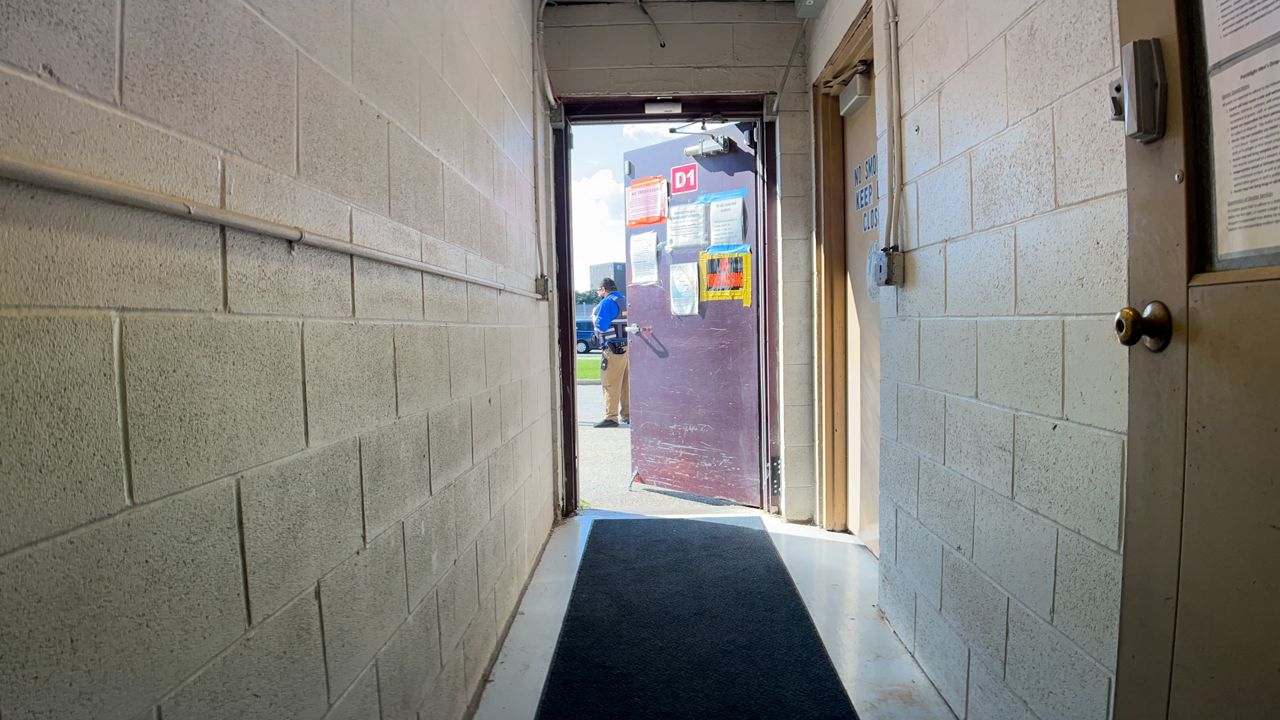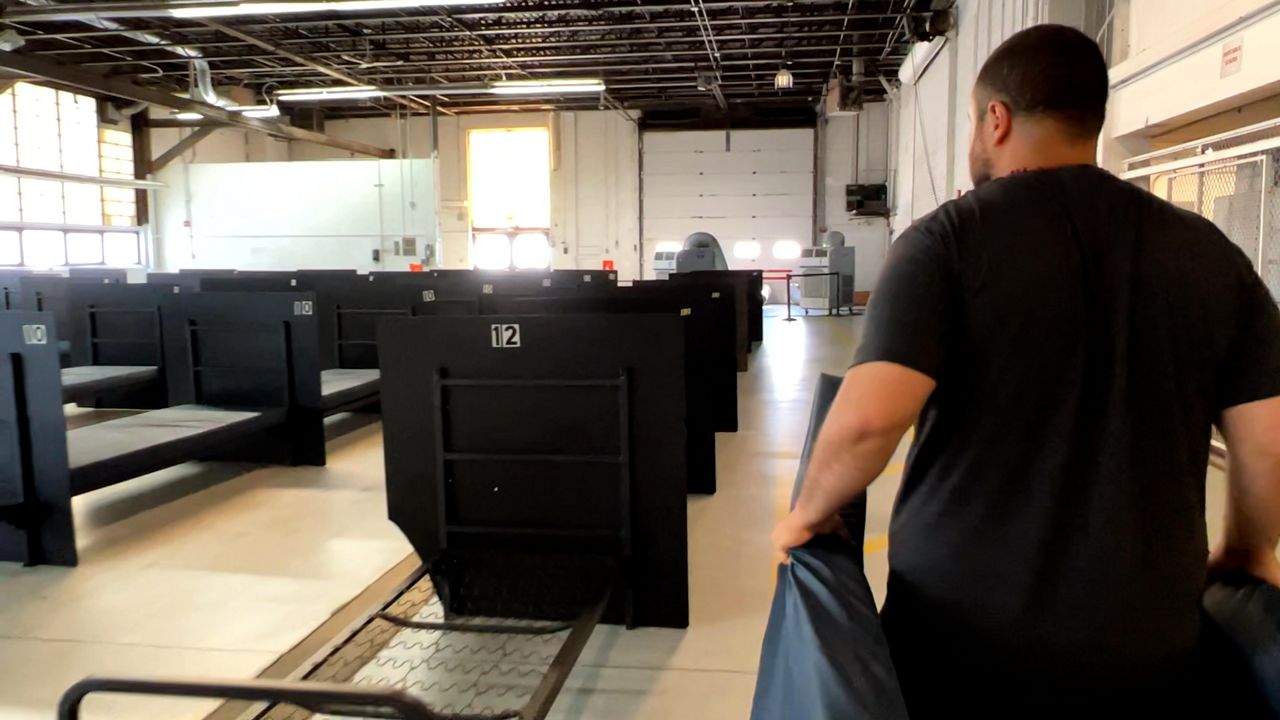MADISON, Wis. — On any given day throughout the U.S., thousands of people struggle with homelessness or home insecurity and throughout many states, this issue is addressed through a Housing First method.
The United States Interagency on Homelessness reported that, as of January 2020, there were 4,515 people struggling with homelessness on any given day.
Data shows that about 30% of people who are chronically homeless have mental health conditions and about 50% have substance abuse issues.

Wayne Winegarden, Senior Fellow of Business and economics at the Pacific Research Institute, along with his colleagues, took a closer look at the way California, the state with the largest homeless population, is addressing their homeless crisis and he said they are doing it wrong.
“What we were looking at is, Project Homekeep, it is the latest application of Housing First policies in California where we are spending billions of dollars trying to rehab hotels, motels other types of buildings,” said Winegarden. “Basically really applying the Housing First principles as a way to address what is the worst in the country’s homeless crisis.”
From 2007 to 2020, Winegarden and his colleagues found out that by using a Housing First method, the state moved 58,000 people off the streets and into housing, but despite their efforts, the number of homeless individuals in the state continued to grow.
“Housing First says a stable home is the best platform to help people, which is just not the case, if you are suffering with drug addiction or alcohol addiction or you’re living with mental illness, this needs to be the primary focus,” said Winegarden.
The data collected by the Pacific Research Institute shows that individuals that were struggling with mental health or substance abuse issues were not able to keep a home and because they did not receive treatment, they ended up back right where they started, living on the streets.
“In the units themselves, we’re spending hundreds of thousands of dollars and what do we see,” said Winegarden. “We are seeing drug use in the buildings, drug overdose, overdose deaths and then we are seeing damage to the actual structures.”
Fares, manager of the Men’s Drop-in Shelter in Madison, he has struggled with mental health and addiction issues for most of his life. He sees the same faces week after week as they role into the drop-in shelter and he believes one of the main reasons for that is the lack of help for those dealing with mental health and substance abuse issues.
“A shelter should be more than a shelter where it is a stepping stone from losing housing to getting housing because a lot of the time people need assistance both with mental health and substance abuse,” said Fares.

There are organizations in Madison that address mental health, substance abuse and housing but Fares said there's a lack of collaboration happening between them.
“There needs to be more collaboration between different organizations in order to support people on the holistic approach and a human rights approach, where all of their rights are being taken into consideration and all of the issues that they are facing are taken into consideration,” said Fares.



